 As we batten down the hatches for winter, we know that it won’t be long before we’ll be pining for greenery in our lives, and fresh green tastes in our food. A great way to enjoy both, without taking up too much precious house space, is to grow herbs on your windowsill.
As we batten down the hatches for winter, we know that it won’t be long before we’ll be pining for greenery in our lives, and fresh green tastes in our food. A great way to enjoy both, without taking up too much precious house space, is to grow herbs on your windowsill.
The kitchen is the perfect place to do this, of course. As you’re cooking, you can simply snip off the fresh flavours you need to perfect your dish. From pot to plate – even in the depths of winter. What could give you more of a lift, in the chilly days ahead?
Growing on a south-facing windowsill is best, to make the most of the low light levels and shorter (or even non-existent!) hours of sunlight. Ideally, herbs need upwards of six hours of sunlight a day, and if they don’t have enough sun, they can grow spindly and start to pack less of a flavour punch. However, we all know that hours of unbroken sunshine is unlikely to happen in the winter months, so without getting into artificial lighting schemes, we just use the sunniest windowsill we have and keep our fingers crossed.
Growing herbs from seed is a low-cost option, but it will take a lot more TLC and several months to bring them the stage of culinary usefulness. At this time of year, a better option might be to simply get hold of some small herb plants, either from a garden centre or from the supermarket, and grow them on.
 Choosing your herbs
Choosing your herbs
Obviously you need to choose the herbs that you love to eat! As a guideline, though, select herbs that stay fairly compact in shape. Some good choices are:
- Chives
- Parsley
- Coriander
- Tarragon
- Rosemary
- Thyme
- Basil
- Oregano
Mint can also be grown on a windowsill, and is available with intriguing shades of flavour such as pineapple, apple, and even chocolate. However, having said that, mint is likely to want to grow and spread its wings, so keeping it in a pot might become a bit of a battle between you and the mint sweeping all before it.
 Create your herb garden!
Create your herb garden!
When you have your young herb plants, pot them on into larger pots. Remember that herbs generally don’t like to sit in a wet soil. Herb expert Jekka McVicar advises treating basil like a much-loved relative (don’t send it to bed wet!) – and who are we to argue?! Think of Mediterranean herbs like rosemary, basil, oregano, and you can almost feel the heat and dryness of the regions where they grow best.
Adding perlite (readily available online) to the potting mix will help the compost retain moisture but keeps it light and free-draining without becoming saturated, which is a bit of a magical balancing act. To re-pot your herbs, add a little compost mix at the bottom of the new pot, gently tease out the roots as you put the plants into the pots, and then add further compost mix and firm them down into their new home. Don’t be tempted to use soil from the garden, as it may harbour organisms which could be harmful to your plants – especially important for edibles, of course. Place your newly-potted-up herbs into their container, give them a good drink of water, and add to your new window sill herb garden.
Once on your bright windowsill, your new herb garden should keep you in fresh flavours for months – depending, of course, on how much and how frequently you harvest. Once your herbs are around six inches tall, don’t be wary of using them. Snipping and using your herbs often will only encourage them to grow more and to become bushier.
 Feeding and watering your windowsill herbs
Feeding and watering your windowsill herbs
Your herbs shouldn’t need too much in the way of plant food, and they tend to have a better flavour without artificial fertiliser, too. You could feed them every other month with a fertiliser suitable for edibles, at half the recommended strength. If they have too much fertiliser, they may start to produce a lot of wispy, fine growth, so if you see that happening, cut back on the plant food and give them a rest.
On watering, giving the herbs an occasional soaking is better than frequent, moderate watering. Check how wet the compost is by pushing in a finger into the pot an inch or two – if it still feels damp at that level, leave it be. Then give the herbs a really good soak when it does start to feel dry below the surface. Keeping herbs in pots inside a container (rather than planting directly into a non-draining container) will allow you to drain excess water if the plants do become waterlogged.
Other options
Of course, your windowsill food production doesn’t need to be limited to herbs. There are lots of other options to explore, all ready to give a burst of fresh flavour to your food over the winter. Here are some other ideas to think about:
- Bean sprouts (mung beans)
- Micro greens
- Wheatgrass
- Alfalfa sprouts
- Pea shoots
- Cress
- Mustard
Growing herbs indoors over the winter is a great way to keep green fingers busy when gardening outside is off the agenda – and fresh home-grown herbs are a wonderful addition to any meal. Why not give it a go? You can find a full range of pots and accessories in our Grow Your Own Herbs collection.
For more tips on how to grow and use herbs and spices at home, read this article on Porch.


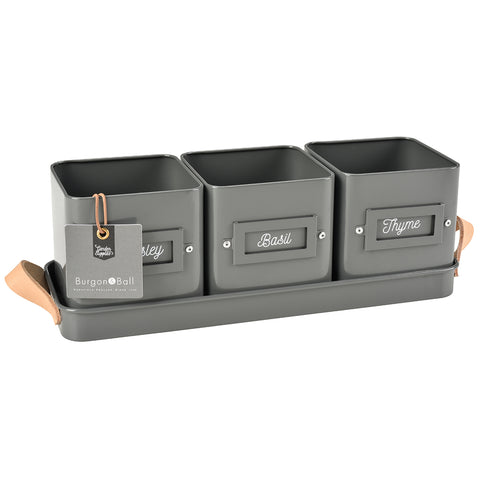
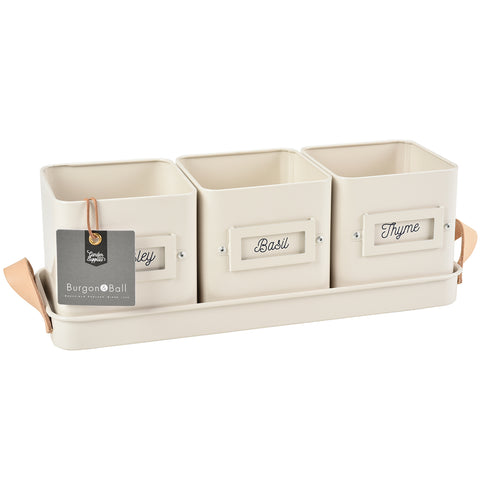
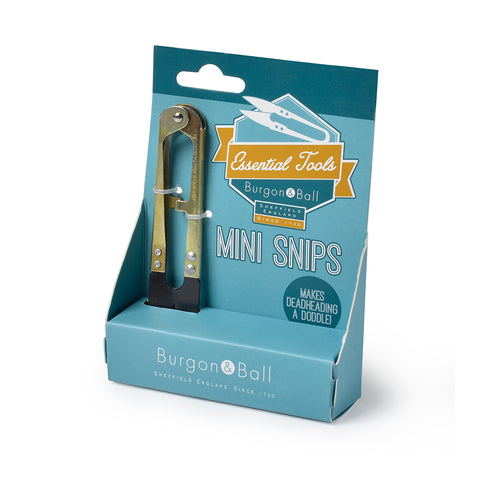
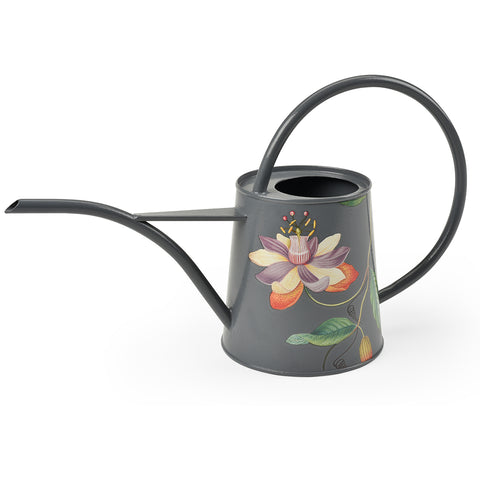
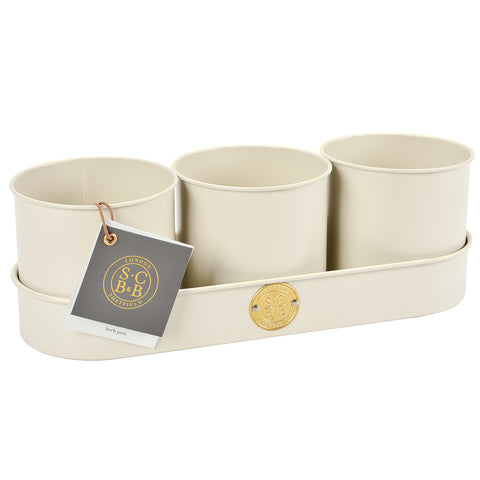
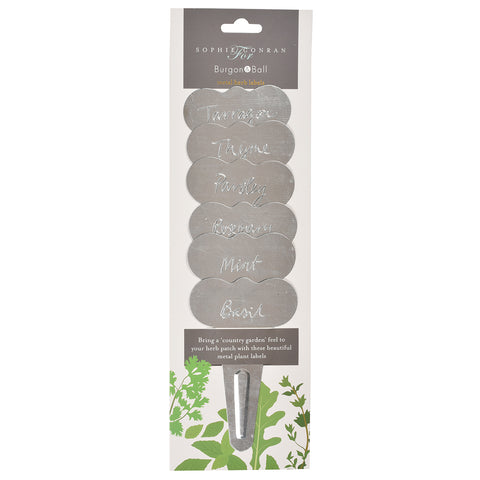
Are there shelves that you can attach to you window sills?